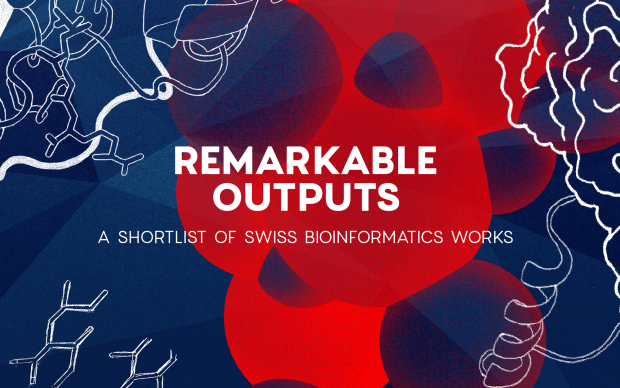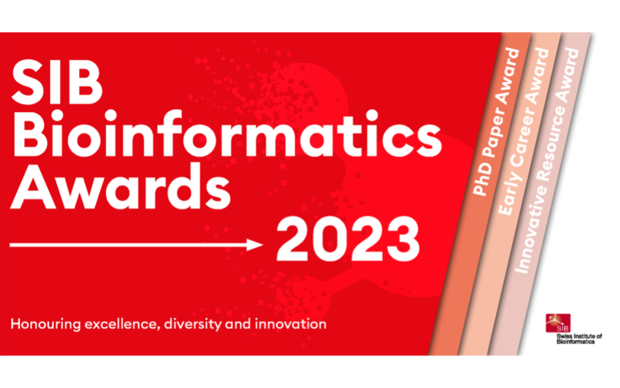Staying abreast of the latest advances and bright ideas emerging in a field as diverse as bioinformatics is challenging. The SIB Remarkable Outputs provide the global community with a shortlist of outstanding works produced during the year by our members. These outputs, selected by the SIB Award Committee, can include peer-reviewed publications, preprints, resources, software tools, databases, outreach programmes, science advocacy, etc.
-
A comprehensive catalogue of the mouse microbiota genome
Group involved: Computational Evolutionary Genomics, led by Evgeny Zdobnov & Evgenia Kriventseva, Geneva.
What the committee said about the work: “An excellent functional and taxonomic summary of the mouse gut metagenome, built using a solid bioinformatics pipeline. This is a great resource for researchers translating results from mouse to human.”
-
Annotating biologically relevant ligands in UniProtKB
Group involved: Swiss-Prot, led by Alan Bridge, Geneva.
What the committee said about the work: “Using the ChEBI small molecule ontology, UniProt curators reannotated ligand binding sites. This standardization enables easier and rational analysis, improving the quality of protein structure and drug target prediction.”
-
Biosynthetic potential of the global ocean microbiome
Groups involved: Microbiome Research, led by Shinichi Sunagawa and Biomedical Informatics, led by Gunnar Rätsch, Zurich.
Related resources: video abstract, Ocean Microbiomics Database
What the committee said about the work: “Using a customized bioinformatics pipeline, over 26,000 genomes from all over the planet were analyzed to highlight their biosynthetic features. The Ocean Microbiomics Database provides access to these data.”
-
Detecting variants of the SARS-CoV-2 virus in wastewater
Group involved: Computational Biology, led by Niko Beerenwinkel, Basel.
What the committee said about the work: “ A remarkable example of how tools and databases developed by SIB groups can help the entire society."
-
Determining inheritance of genes in biobanks without parental genomes
Group involved: Systems and Population Genetics, led by Olivier Delaneau and Statistical Genetics, led by Zoltán Kutalik, Lausanne.
What the committee said about the work: “A clever computational approach allowing to infer which genes an individual inherited from their parents without having any information on them. This enables studying whether the parental origin of a gene makes a difference for diseases and other traits.”
-
Enabling real time recording of gene expression in single cells
Group involved: Systems Biology and Genetics, led by Bart Deplancke, Lausanne.
What the committee said about the work: “Live-seq is a truly novel and innovative approach enabling experiments for profiling gene expression in live, individual cells over time, in ways that were previously impossible.”
-
FAIR principles in practice for health data
Group involved: Personalized Health Informatics, led by Katrin Crameri, Basel.
Related resource: SPHN DCC Training
What the committee said about the work: "An excellent resource for FAIR data training and awareness. It is a valuable general introduction, presenting the guiding principles in a well-structured format with practical explanations.”
-
Making DNA sequencing data more accessible
Group involved: Biomedical informatics, led by Gunnar Rätsch, Zurich.
What the committee said about the work: “By allowing DNA databases to be indexed without losing information and fully searchable, once-daunting data sets can now become powerful resources for biomedical research. A major step to making DNA sequencing data accessible to wider audiences.”
-
The genomic origins of the world’s first farmers
Groups involved: Computational and Molecular Population Genetics, led by Laurent Excoffier, Bern and Statistical and Computational Evolutionary Biology, led by Daniel Wegmann, Fribourg.
Related resource: News release
What the committee said about the work: “This study makes a significant contribution to our knowledge of human history and agricultural origins. It emphasises the crucial role that informatics and genomics play in uncovering our shared history.”
-
The impact of gene duplication or deletion on complex human traits
Group involved: Statistical Genetics, led by Zoltán Kutalik, Lausanne.
Related resource: News release
What the committee said about the work: “This work represents the most comprehensive examination to date of the relationships between copy-number variations and human phenotypes traits through the use of computational methods.”


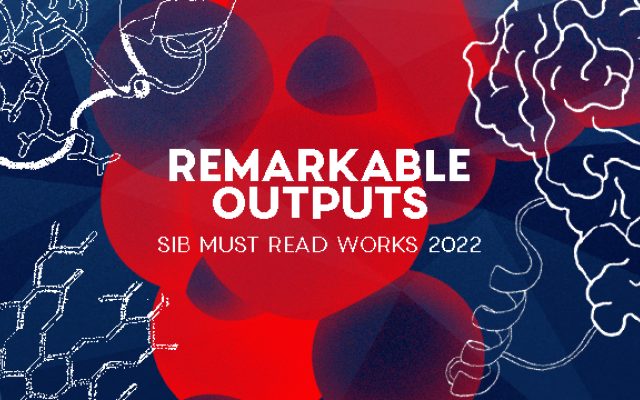
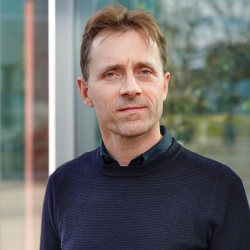

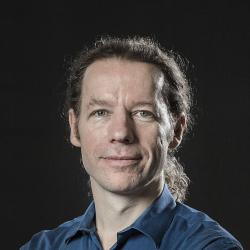

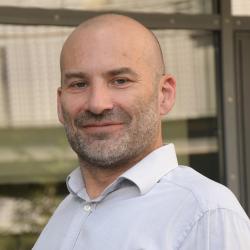

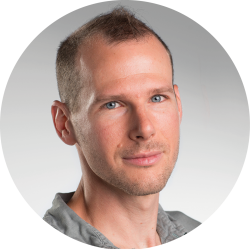
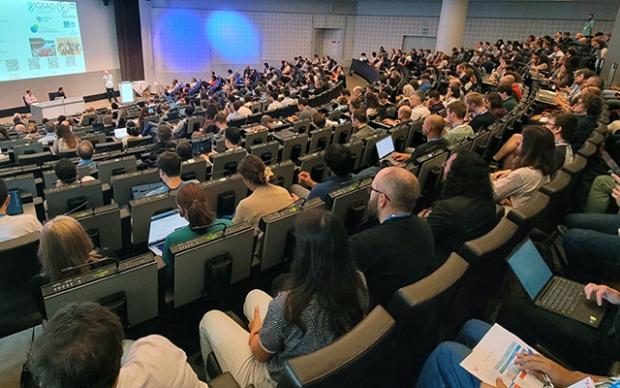
![Michael Skinnider presenting at the [BC]2 Basel Computational Biology Conference](/sites/default/files/styles/card_image/public/2025-10/michael-skinnider-banner.jpg?h=602a36b5&itok=tmJobPUi)
![Ilan Gold presenting at the [BC]2 Basel Computational Biology Conference](/sites/default/files/styles/card_image/public/2025-10/ilan-gold-banner.jpg?h=602a36b5&itok=YvC9BUMP)
![David Meyer presenting at the [BC]2 Basel Computational Biology Conference](/sites/default/files/styles/card_image/public/2025-10/david-meyer-banner.jpg?h=602a36b5&itok=JRGMwIRV)
